Did you know with little to no sleep, you can actually lower your pain threshold?
When it comes to arthritis, getting enough sleep is essential to maintaining optimal health and well-being. Depending on what is going on in our lives, we may not get the right amount of sleep needed. Late nights can have a negative effect on our sleeping patterns and can affect arthritis pain. Sadly, a poor nights rest can cause the pain to be worse and this can begin a frustrating cycle of pain and poor sleep.
As we age, the number of hours we need can change. Here is the recommended number of hours for those aged between:
- 18–60 years: 7-plus hours
- 61–64 years: 7–9 hours
- 65+ years: 7–8 hours
Top Tips to Help You Get a Better Nights Sleep
Heat Therapy
Ease a painful joint by using a heating pad or hot water bottle before bed. A hot bath is also effective in relaxing and heating the joints. Grab your hot water bottle and a soothing cup of chamomile tea and enjoy a good nights sleep.
Mattress
A good mattress can make a big difference in your level of comfort and support as you sleep. If you have arthritis, your mattress should be supportive but not too hard. If you can’t invest in a new mattress right now, consider adding a mattress topper.
Use pillows strategically
How you use pillows can be just as important as your choice of mattress. If you have hip or knee arthritis and like to sleep on your side, you may benefit from a pillow between your knees. If you have shoulder arthritis you may be most comfortable using a wedge pillow and sleeping on your back.
Exercise and stretch
Regular exercise tends to decrease joint pain and help maintain joints range of motion. People who exercise regularly tend to sleep better in general. Always consult your doctor before beginning an exercise routine.
Set your body clock
Get into the habit of setting your body clock to go to sleep at the same time each night. Establish a night routine to prepare your mind and body for sleep.
Put away light-emitting devices an hour before bedtime – phones, computers, TVs, e-readers etc.
Pain Relief
There are several types of over the counter and prescription pain relievers specifically intended to both relieve pain and help you rest better.
Talk to your doctor or pharmacist to make sure your sleep aid does not interact with any other medications or supplements you take.








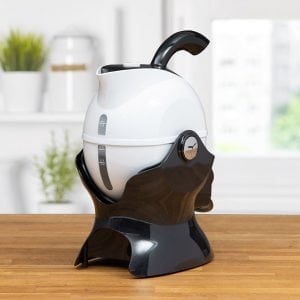
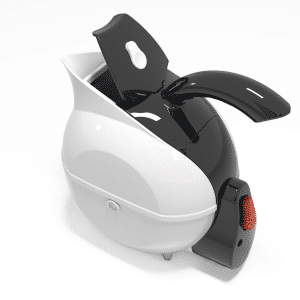
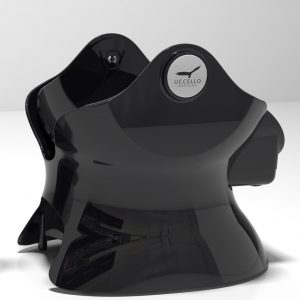
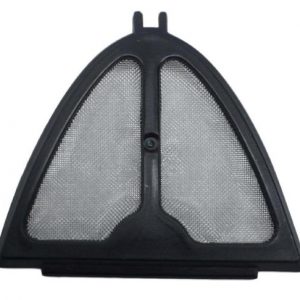
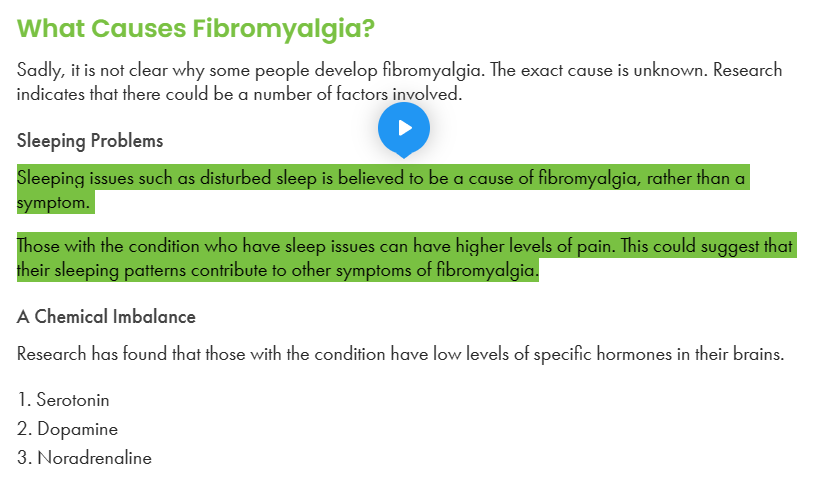
Leave a Comment